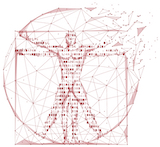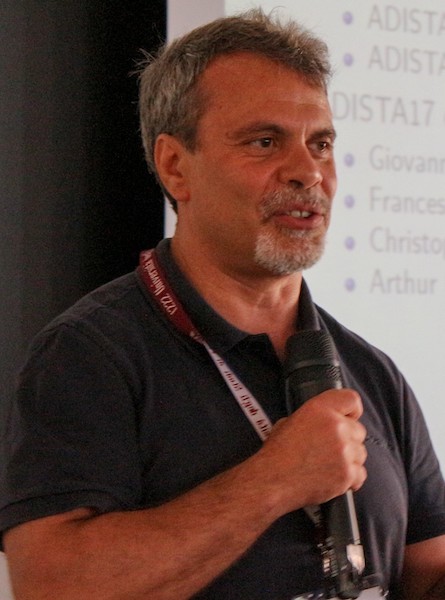

- This event has passed.
InterConnect webinar: Francesco Lagona
February 23, 2024 @ 12:00 - 13:00

On-site and online seminar: Friday, 23rd February 2024 from 12.00 – 13.00 PM
Title: Nonhomogeneous hidden semi-Markov models for environmental toroidal data
Speaker: Francesco Lagona (University of Roma Tre)
Location: Aula 205 (ex 32) – Viale Morgagni 59
Please register here to participate online : link
ABSTRACT
A novel hidden semi-Markov model is proposed to segment bivariate time series of wind and wave directions according to a finite number of latent regimes and, simultaneously, estimate the influence of time-varying covariates on the process’ survival under each regime. The model integrates survival analysis and directional statistics by postulating a mixture of toroidal densities, whose parameters depend on the evolution of a semi-Markov chain, which is in turn modulated by time-varying covariates through a proportional hazards assumption. Parameter estimates are obtained using an EM algorithm that relies on an efficient augmentation of the latent process. Fitted on a time series of wind and wave directions recorded in the Adriatic sea, the model offers a clear-cut description of sea state dynamics in terms of latent regimes and captures the influence of time-varying weather conditions on the duration of such regimes.
BIO
Francesco Lagona is professor of statistics at the University of Roma Tre, where he teaches statistical modelling and environmental statistics. He is the coordinator of GRASPA (www.graspa.org), the most important research network of Italian environmental statisticians, active since 1995 and a standing group of the Italian Statistical Society for Environmental Statistics, sustainability and territorial safety since May 2013.
Francesco’s research activity focuses on new models for the analysis of complex multivariate data that are dependent across time and space. Principal proposals are in the area multivariate hidden Markov models, an extension of multivariate finite mixture models to both the spatial and the temporal setting. Within this context, he has developed new computational methods that allow for efficient parameter estimation and model selection. Such proposals have been applied to address classification issues with applications in legislative production, sea waves and currents, environmental pollution, wildfire occurrences, cause-specific mortality, cardiovascular measurements and biological image analysis.